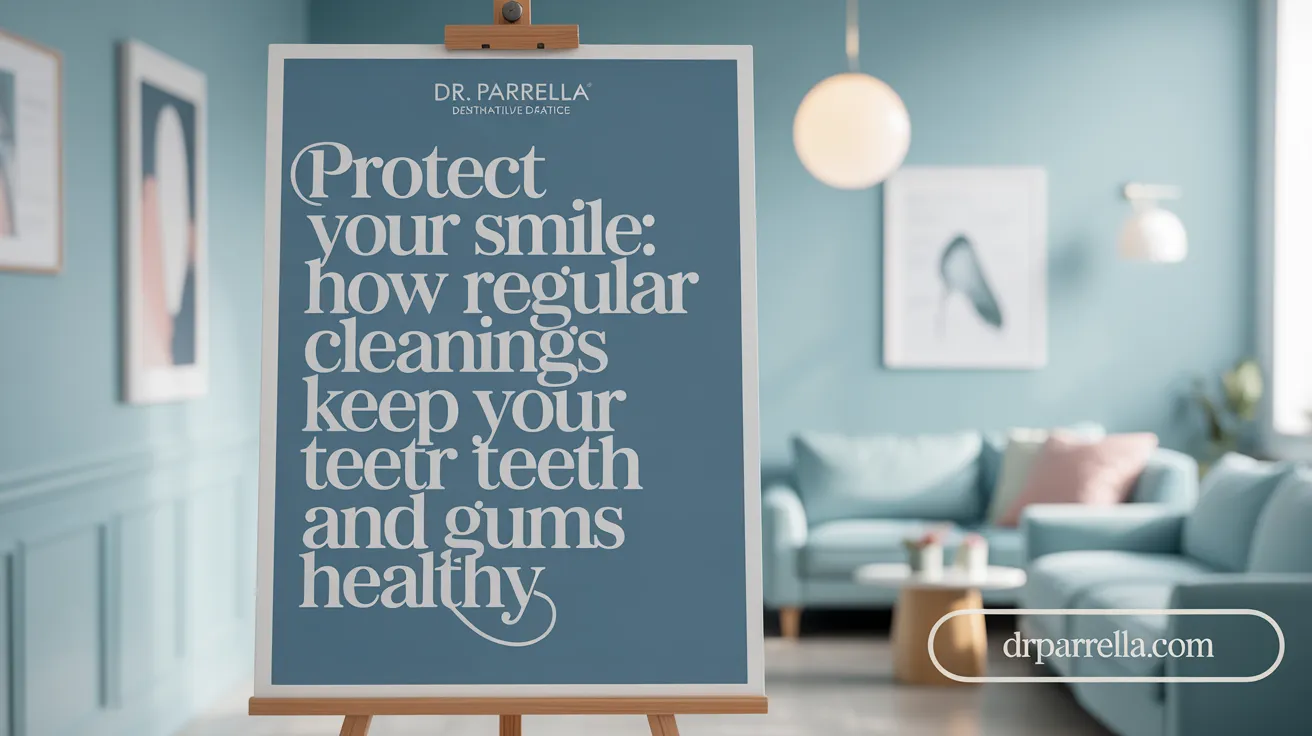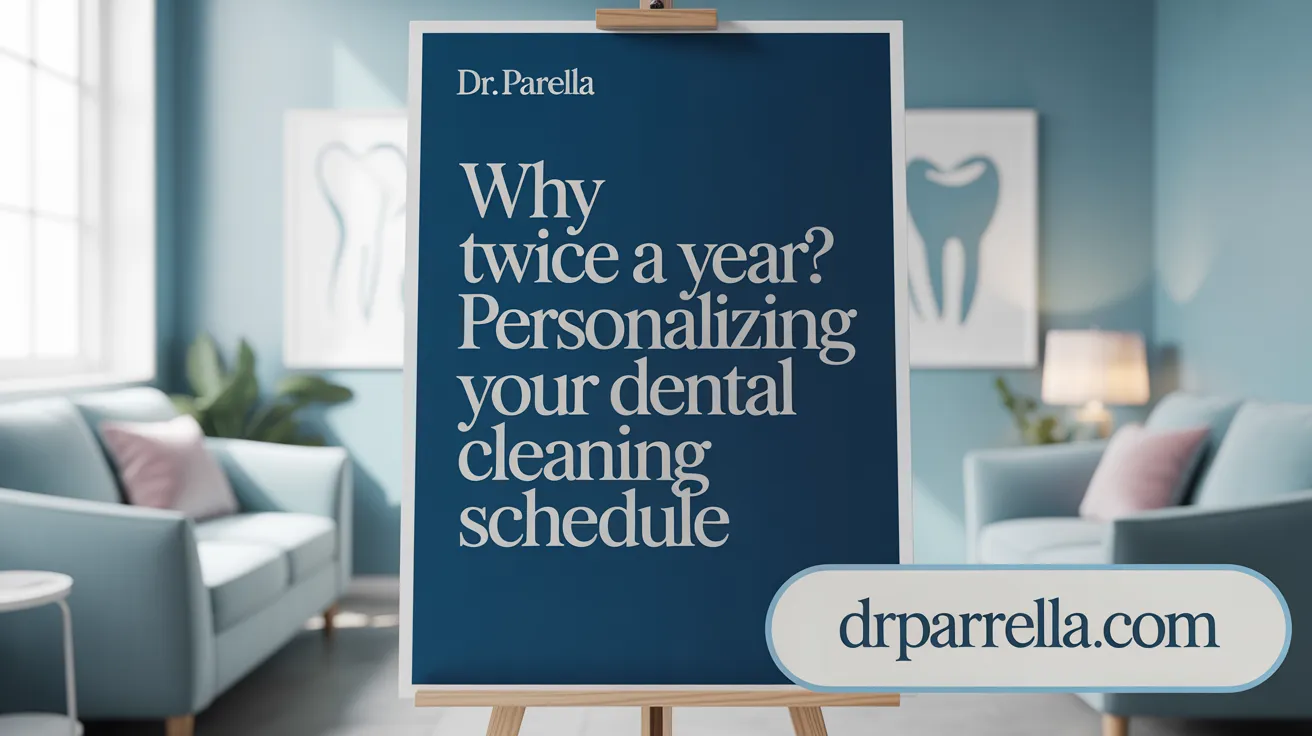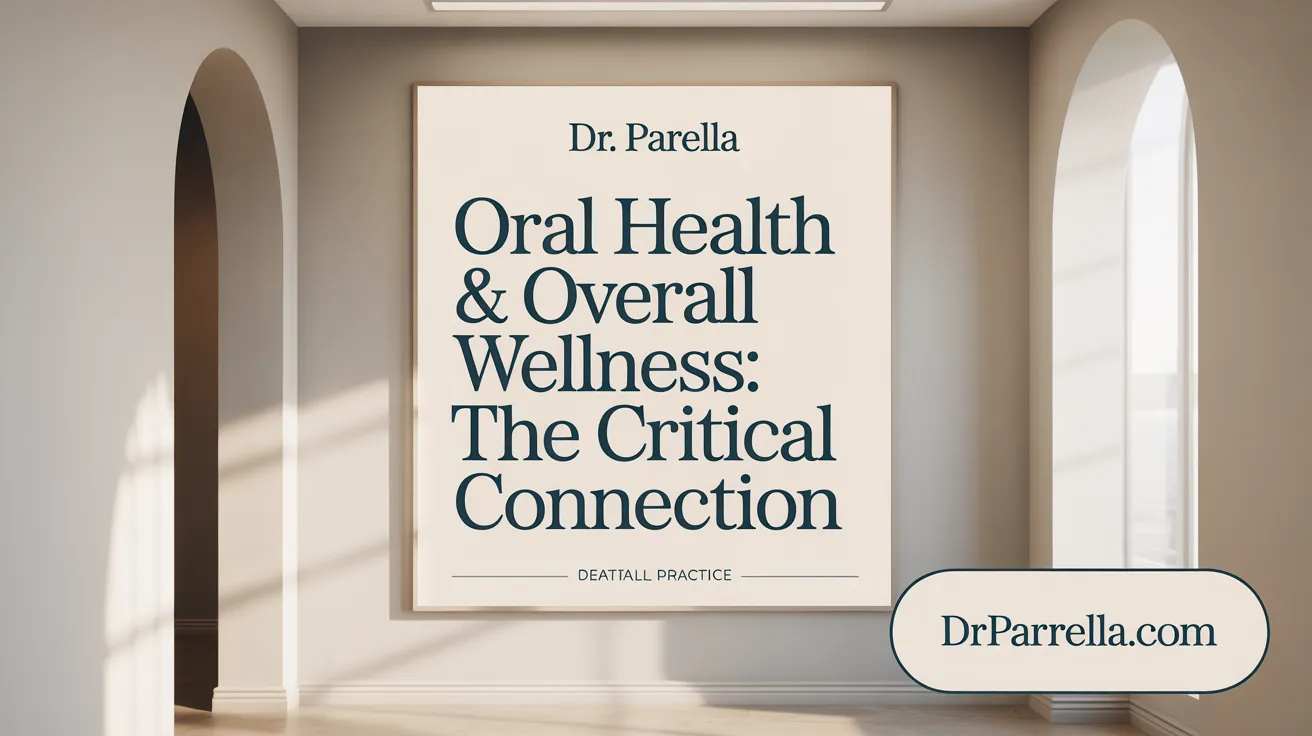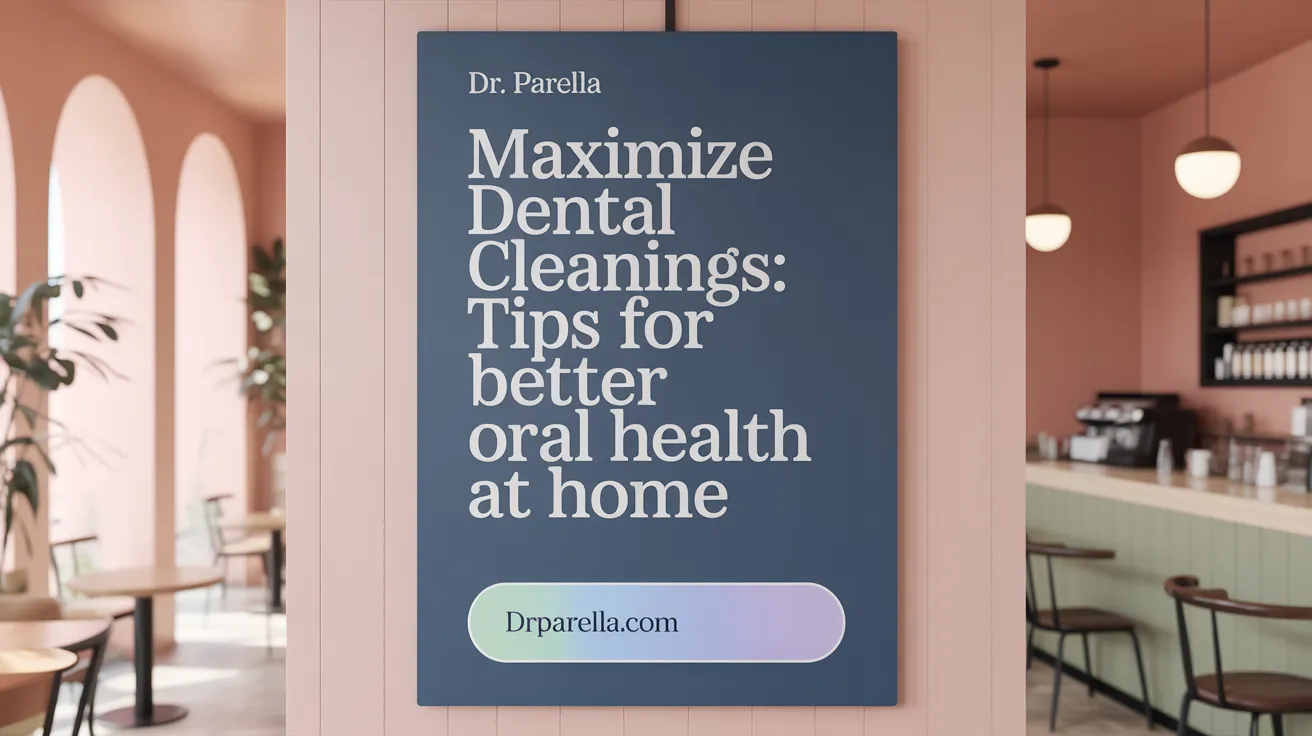The Importance of Scheduled Dental Cleanings
Keeping your smile healthy and bright goes beyond daily brushing and flossing. Scheduled professional dental cleanings are a vital part of maintaining oral health, preventing disease, and supporting your overall well-being. These routine visits help detect issues early and prevent costly, invasive treatments down the road.
How Professional Dental Cleanings Protect Your Teeth and Gums

How do scheduled dental cleanings protect oral health?
Regular dental cleanings play a vital role in maintaining oral health by removing plaque and hardened tartar that daily brushing and flossing can't fully eliminate. Plaque is a sticky film of bacteria that, if left untreated, hardens into tartar—this buildup fosters harmful bacteria that produce acids damaging to tooth enamel.
Plaque and tartar removal
During a professional cleaning, dental hygienists use specialized tools like scalers and ultrasonic devices to scrape away tartar from tooth surfaces, including areas below the gumline that are difficult to reach. This process effectively eliminates the bacterial biofilm responsible for tooth decay and gum inflammation.
Prevention of cavities and gum disease
By routinely removing plaque and tartar, dental cleanings significantly reduce the risk of cavities and help halt the development of gum diseases such as gingivitis and periodontitis. Maintaining clean teeth and gums prevents the progression of inflammation that can lead to tooth loss and other serious oral health complications.
Fresh breath benefits
Removing plaque and tartar also helps combat bad breath by eliminating odor-causing bacteria. Polishing the teeth during cleanings further reduces surface stains and bacteria, leaving your breath fresher and your smile brighter. See more about fresh breath benefits.
Professional cleaning procedures
A typical cleaning session includes an oral examination, scaling to remove plaque and tartar, polishing to smooth tooth surfaces, flossing to clean between teeth, and often fluoride application to strengthen enamel. Cleanings usually take between 30 to 60 minutes and are recommended at least twice a year, though some individuals may need more frequent visits depending on their oral health.
Maintaining scheduled dental cleanings supports not only your smile but also contributes to overall health by preventing infections and chronic inflammation linked to systemic diseases linked to oral health.
The Dental Cleaning Process: What to Expect During Your Visit

What happens during a routine dental cleaning appointment?
During a dental cleaning, your dental hygienist or dentist begins with an oral examination. This checkup looks for cavities, gum disease, oral cancer, and other potential oral health issues that may require attention.
Scaling and polishing
The main part of the cleaning is scaling, where hardened plaque and tartar are carefully removed using specialized tools such as ultrasonic devices and hand scalers. This step tackles deposits that regular brushing and flossing cannot remove, especially from hard-to-reach areas around the gumline. After scaling, the teeth are polished with an abrasive paste to smooth surfaces and eliminate surface stains, leaving your smile brighter (Benefits of dental cleanings).
Fluoride treatments
Depending on your oral health and risk for cavities, a fluoride treatment may be applied at the end of the cleaning. Fluoride helps strengthen tooth enamel and offers additional protection against decay.
X-rays and preventive care
Dental X-rays may be taken during your visit if needed to detect hidden decay or assess bone health around teeth. Preventive care advice is also provided, including personalized tips for brushing, flossing, and diet.
Overall, the dental cleaning process typically takes between 30 and 60 minutes and is a crucial part of maintaining healthy teeth and gums.
Why Twice a Year? Recommended Frequency and Individual Needs

How often should adults schedule dental cleanings and why?
Most dentists and the American Dental Association (ADA) recommend that adults have their teeth professionally cleaned every six months. This twice-a-year schedule effectively removes plaque and tartar buildup that routine brushing and flossing can miss. Regular cleanings help prevent cavities, gum disease, and maintain overall oral health.
What factors influence how often dental cleanings are needed?
The ideal cleaning interval can vary based on personal health and lifestyle factors. Individuals with diabetes, heart disease, or those who smoke typically need more frequent visits—often every three to four months—to manage higher risks of gum disease. Other considerations include dry mouth, use of dentures or braces, dietary habits, and a history of dental problems. Learn more about dental cleaning frequency and risk factors.
When is a deep cleaning necessary?
Deep cleanings, also known as scaling and root planing, are specialized treatments recommended for patients with active gum disease. This procedure removes plaque and tartar from below the gumline to control inflammation and prevent disease progression. It usually involves multiple sessions and may require numbing for comfort. Details on deep teeth cleaning frequency and procedures are available.
Why are personalized dental cleaning plans important?
Dentists assess each patient's oral health to tailor cleaning frequency and treatment type. Personalized plans ensure that individuals receive the right level of care to protect their teeth and gums effectively, preventing complications and supporting long-term dental wellness. Explore the importance of personalized dental care plans.
Regular dental cleanings, typically every six months but adjusted as needed, remain a cornerstone of maintaining a healthy smile and preventing serious dental and systemic diseases linked to oral health.
The Connection Between Oral Health and Overall Wellness

How do regular dental cleanings impact overall health beyond the mouth?
Regular dental cleanings significantly affect overall health by reducing the risk of various systemic diseases linked to oral health. Gum disease, triggered by plaque and tartar buildup, causes inflammation and introduces harmful bacteria to the bloodstream. This can raise the risk of heart disease, stroke, diabetes, respiratory infections, and even dementia.
Dental visits go beyond cleanings—they include important screenings for early signs of oral cancer and systemic diseases like thyroid disorders and GERD. Since symptoms of these conditions often appear first in the mouth, early detection during dental exams provides a critical window for timely intervention, which can be life-saving (importance of regular dental visits, Oral health and overall health).
By identifying health issues early, regular dental care helps avoid costly and invasive treatments later, reducing overall healthcare expenses (Cost and time savings, Save money with preventive dentistry). This preventive approach supports healthier outcomes not only in the mouth but across the entire body.
The connection between oral health and systemic wellness highlights the importance of maintaining routine dental cleanings and examinations as an integral part of overall health care.
Maximizing the Benefits of Your Dental Cleanings

How can patients support their dental cleanings with home care and lifestyle choices?
Maintaining excellent oral hygiene at home is essential to complement the effects of professional dental cleanings. Patients should brush their teeth twice daily using fluoride toothpaste for at least two minutes each time. Daily flossing is important to clean between teeth where toothbrushes cannot reach, effectively preventing plaque accumulation. Incorporating an antibacterial mouthwash further helps reduce harmful bacteria in the mouth.
Diet and lifestyle also play crucial roles in supporting oral health. Limiting the intake of sugary and acidic foods helps reduce the risk of cavities and enamel erosion. Avoiding tobacco products is strongly advised, as smoking increases the likelihood of gum disease and oral cancer.
Sometimes, after a dental cleaning, patients might experience temporary tooth sensitivity or sore gums. These mild side effects usually resolve quickly and can be managed effectively with over-the-counter pain relievers if needed.
Making dental appointments a priority is important for long-term oral health. Scheduling cleanings in advance and leveraging appointment reminders can help busy individuals maintain regular visits. Regular dental cleanings not only keep your smile healthy but also save time and money by preventing more serious and costly dental problems in the future. Furthermore, people should be aware of the systemic diseases linked to oral health and how maintaining good oral habits can contribute to overall wellness.
Saving Your Smile Through Scheduled Cleanings
Professional dental cleanings are a cornerstone of long-term oral health. By removing harmful plaque and tartar that daily brushing cannot reach, preventing cavities and gum disease, and detecting problems early, scheduled cleanings preserve your natural teeth and enhance your smile. Coupled with consistent home care and personalized dental plans, these visits support not only a healthy mouth but also overall wellness while avoiding costly treatments. Prioritizing regular cleanings is an investment in your confidence, health, and beautiful smile for years to come.
